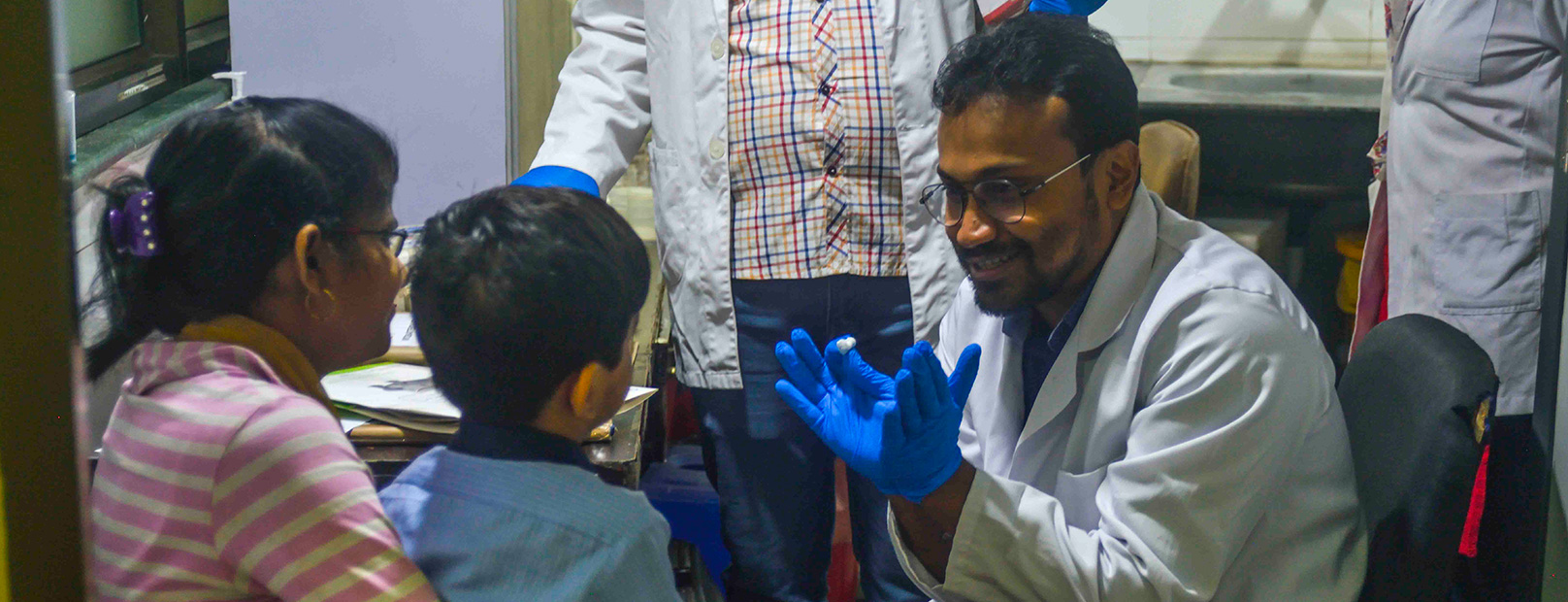- Home
- Themes
- Maternal and Child Health
- Knowledge Integration and Translational Platform

KnIT is a unique platform to synthesise existing knowledge and to facilitate the integration of the same for evidence-based policy in public health in India. The Knowledge Integration and Translational Platform (KnIT) was launched in 2016 and are a unique knowledge synthesis platform that aims to bridge the gap between research and policy and facilitate evidence-based policymaking for public health in India.
Currently, KnIT knowledge synthesis focuses on two tracks, maternal and child health issues and nutrition.
The Nutrition track examines public health and medical interventions to mitigate stunting, wasting, severe malnutrition, low birth weight, optimal body composition, and metabolic unfitness or obesity. The nutrition tracking worked on six areas where there are essential questions to be addressed; low-birth-weight babies continuing from the previous years, nutritional status of Indian children in early life, impact of change in nutritional status on diarrhoeal mortality in India, gestational weight and birth outcomes, antenatal care utilization and data science in maternal and child health. This track has led to the publishing of 8 articles in peer-reviewed journals in 2019-2020.
MCH focuses on identifying the health system challenges that are barriers to effective, equitable, impactful delivery of health services, and identifies strategies on how to overcome them. The MCH team is currently focusing on the care of sick and small new-borns in the SNCUs, to assess the state of treatment and the demand-supply gap in this space. The team has conducted a quantitative and qualitative survey in Himachal Pradesh to collect data from SNCUs and NBSUs and has also undertaken in-community follow-ups to assess the care that the babies are receiving. In FY 19-20, the analysis of the data was completed and the results were discussed with experts. Key recommendations were also prepared for the state officials of Himachal Pradesh, for system level strengthening and scaling up of neonatal care facilities. Additionally, the Domain center began work on an exemplar analysis of the actors associated with the decline in stunting in India and an assessment of the need, appropriateness and acceptability of potential biomedical interventions for the prevention and control of Respiratory Syncytial Virus in infants and young children in India.
The State Interaction Unit has worked with the states of Haryana, Rajasthan, and others to provide evidence-based recommendations.